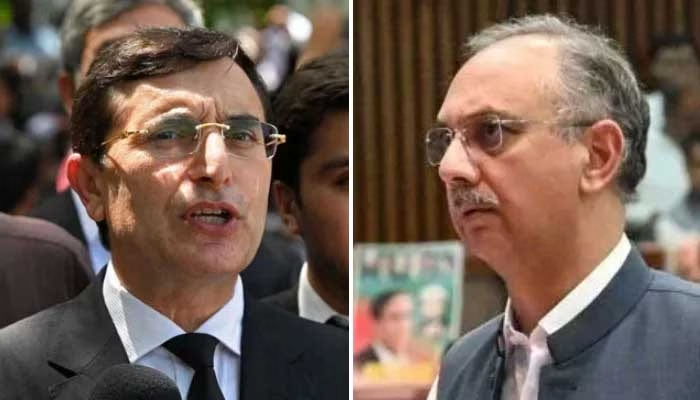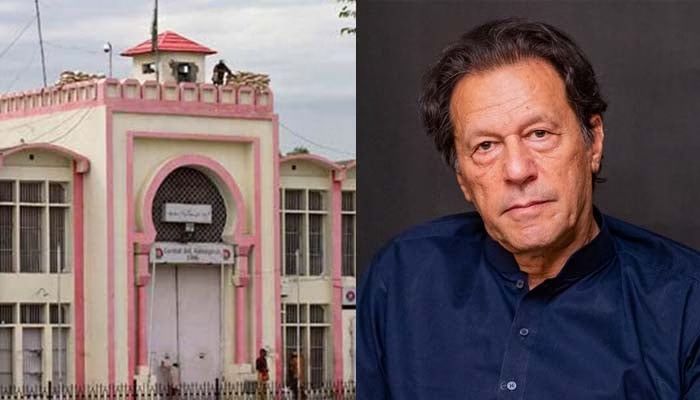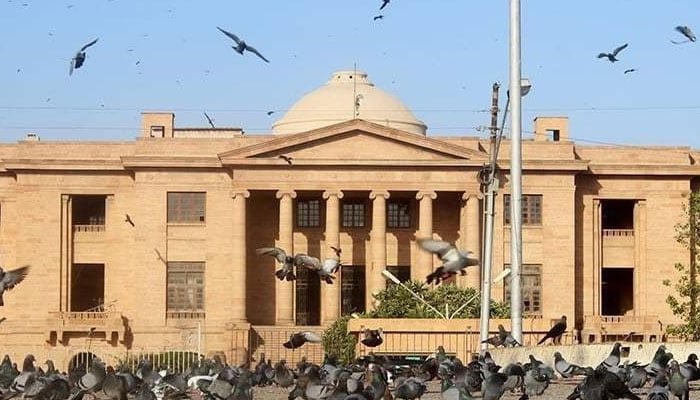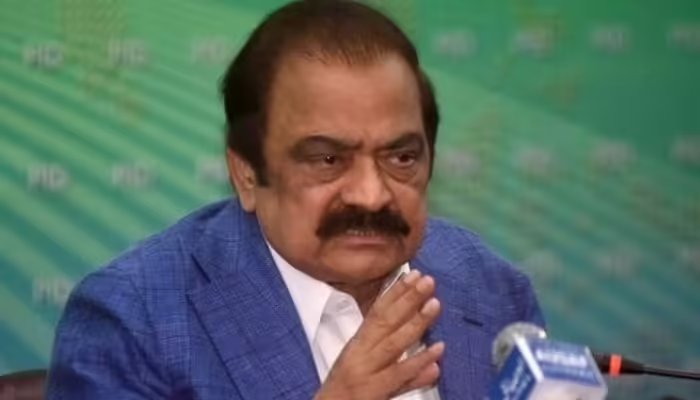The Pakistan Tehreek-e-Insaf (PTI) has strongly opposed the recent convictions of civilians by military courts, terming the trials a violation of justice and the Constitution. The party has announced its intent to challenge these convictions in higher courts while calling for a judicial commission to investigate the events of May 9 and subsequent crackdowns on its supporters.
Civilians Tried in Military Courts
On December 26, 2024, the Inter-Services Public Relations (ISPR) announced the sentencing of 60 individuals in connection with the May 9 riots, bringing the total number of convicted civilians to 85. Among them, PTI founder Imran Khan’s nephew, Hassan Khan Niazi, received a 10-year rigorous imprisonment sentence.
The ISPR maintained that the trials were conducted under due process, with all legal rights guaranteed by the Constitution. However, PTI leadership has denounced the trials, asserting that civilians should be tried in civilian courts, not military ones.
International Concerns
The global community, including the United States (US), United Kingdom (UK), and European Union (EU), has expressed concerns about the sentencing of civilians in military courts, citing violations of international law. The PTI echoed these sentiments, arguing that such actions undermine Pakistan’s commitment to democracy and human rights.
PTI’s Stand: Civilian Trials and Judicial Probe
Addressing the media, PTI Chairman Barrister Gohar Ali Khan called for a judicial probe into the May 9 incidents and the November 26 crackdown on PTI protesters. He urged the Supreme Court to expedite its decision on the constitutionality of military trials for civilians.
“The people of Pakistan deserve a transparent investigation into these events. A judicial commission should be formed to uncover the truth and ensure justice for all,” Barrister Gohar stated.
PTI’s Secretary-General and Leader of Opposition in the National Assembly, Omar Ayub, reiterated the party’s stance, emphasizing that military institutions cannot act as judiciary.
“Article 7 of the Constitution defines the state, comprising the parliament, provincial assemblies, National Assembly, and Senate. The military and other institutions are under the state. Civilians must be tried in civilian courts,” Ayub said.
Foreign Office Defends Military Trials
In response to international criticism, Pakistan’s Foreign Office (FO) defended the military court proceedings, stating they were conducted under a law enacted by the parliament and upheld by the Supreme Court.
FO spokesperson Mumtaz Zahra Baloch asserted that Pakistan’s legal framework aligns with international human rights standards, including the International Covenant on Civil and Political Rights (ICCPR).
“Pakistan remains committed to fulfilling its international human rights obligations. Our legal system guarantees judicial review by superior courts and upholds the protection of human rights and fundamental freedoms,” she said.
Context of May 9 Protests
The violent protests erupted after PTI founder Imran Khan was arrested in a corruption case. The demonstrations led to attacks on military installations, including the General Headquarters (GHQ). Over 100 civilians are currently facing military trials in connection with these incidents.
The PTI has distanced itself from the violence, maintaining that its workers and supporters had no role in the attacks on military properties. The party has repeatedly called for an independent judicial inquiry to uncover the truth behind these events.
PTI’s Next Steps
PTI leadership has vowed to challenge the military court convictions at every legal forum. Barrister Gohar emphasized the need for justice, stating that individual appeals will be filed against the sentences.
“We believe in the rule of law and the supremacy of the Constitution. The Supreme Court must decide the case related to military trials soon to restore public confidence in the justice system,” he added.
Omar Ayub’s Emphasis on Civilian Justice
Omar Ayub criticized the use of military courts for civilian trials, describing it as a deviation from constitutional principles. He highlighted the need for reforms to ensure that all institutions operate within their defined roles.
“The military cannot function as a judiciary. The Constitution guarantees that civilians should be tried in civilian courts, and we must uphold this principle to strengthen democracy,” Ayub said.
The PTI’s opposition to military court trials has reignited the debate on the separation of powers and the role of military institutions in civilian matters. As appeals against the convictions proceed, the Supreme Court’s decision will be pivotal in shaping the future of civilian justice in Pakistan.
By advocating for judicial probes and fair trials, the PTI seeks to restore public trust in the justice system while addressing concerns raised by the international community. The outcome of these efforts will have far-reaching implications for democracy, human rights, and the rule of law in Pakistan.



